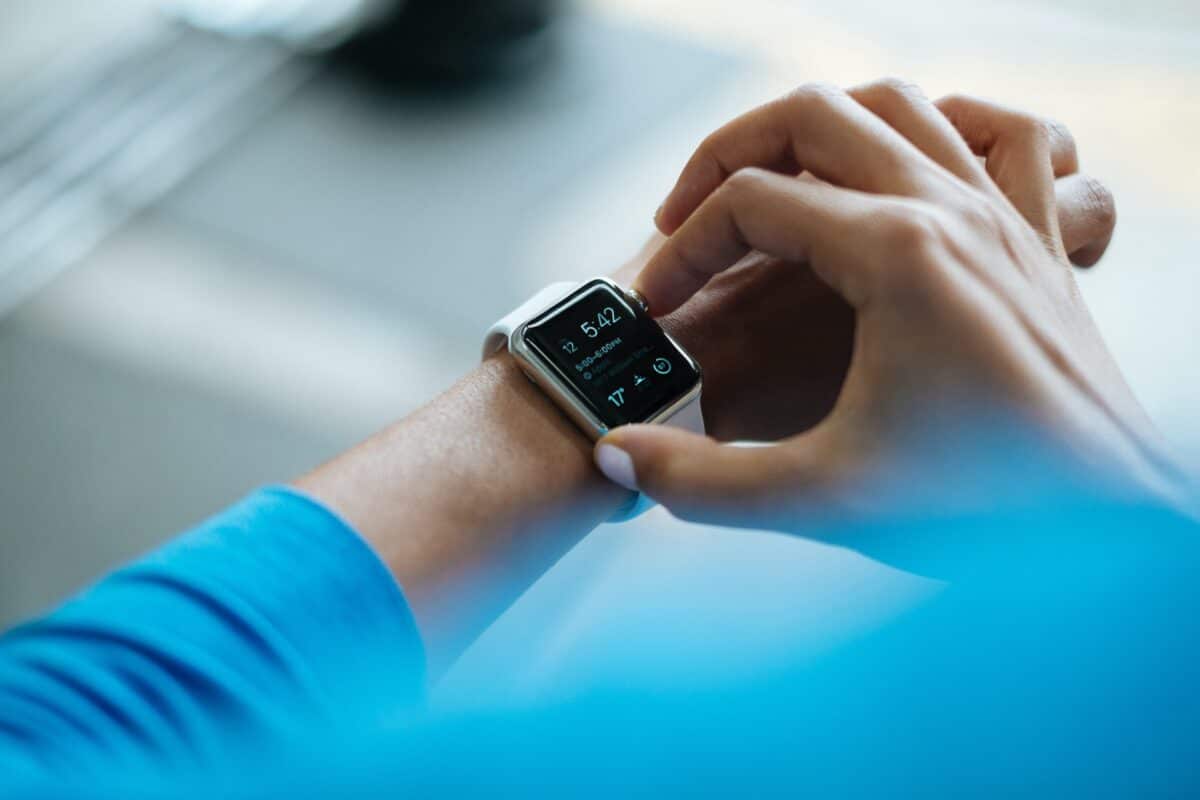
Contents
There is no one definitive answer to this question. Depending on your experience level, goals, and other factors, you may want to run at a different pace.
However, as a general guideline, beginner runners may want to start with a slow jog or walk, and then gradually increase their speed over time.
More experienced runners may want to push themselves to run at a faster pace, and may even participate in races.
Ultimately, it is up to you to determine what pace is right for you.
Experiment and find what works best for you, and listen to your body; for example, if you are feeling exhausted, slow down or take a break. Remember to warm up before running, and cool down afterwards.
And most importantly, have fun!
Running pace explained
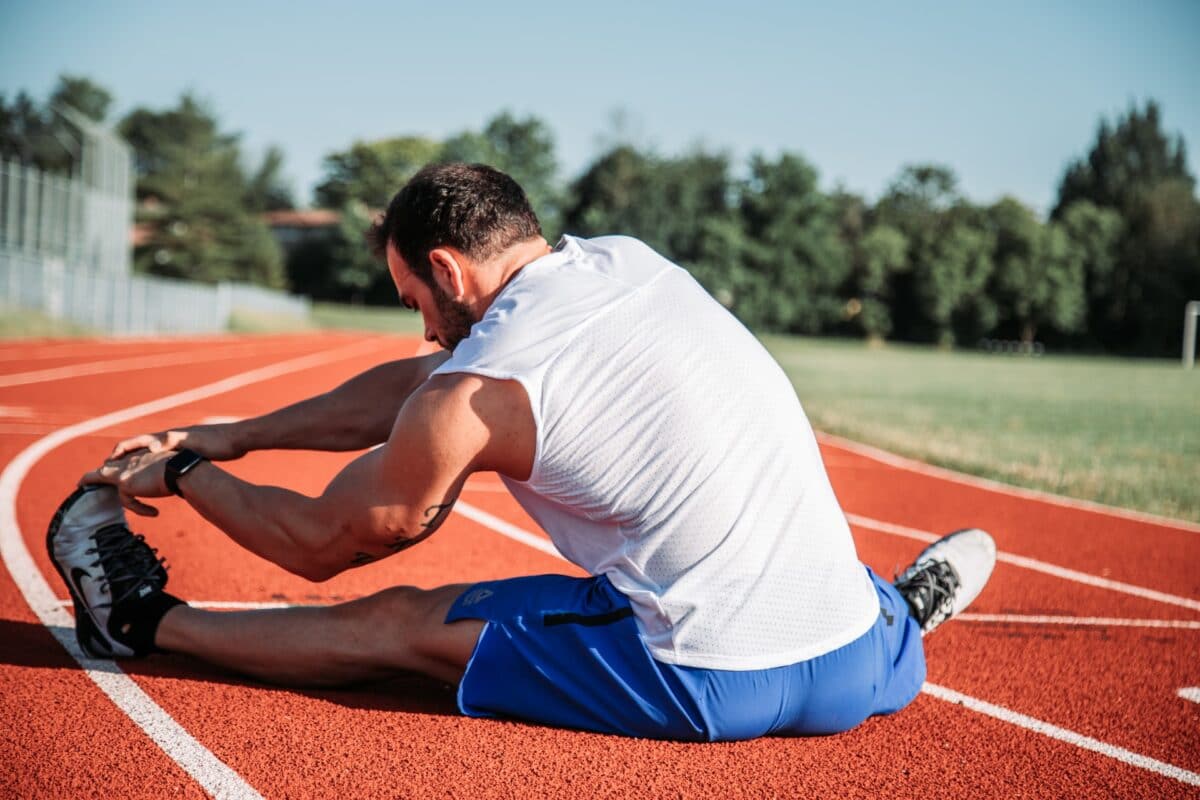
When you review the term running pace, it can be interpreted in a couple of different ways.
It could be how fast you’re running in a race or an endurance run.
It could also be how fast you cover a set distance in a specific time, like six minutes per mile (your mile pace).
And lastly, your running pace could be determined by your heart rate.
No matter which way you slice it, runners want to find the right pace and balance of speed and endurance so they can cover the desired distance in a comfortable and efficient manner.
Here we’ll explore how to determine your average pace/running pace and provide some tips on how to improve it.
Ways to increase your running speed
There are a few ways to increase your running speed. You can focus on improving your endurance, so you can run for longer periods of time at a higher pace.
You can also work on your sprinting abilities, so you can cover short distances faster.
Finally, you can improve your running technique, which will help you move more efficiently and increase your speed.
1. Improve your endurance
If you want to run faster, one of the best things you can do is increase your endurance. This means being able to run for longer periods of time at a higher pace.
The best way to build your endurance is to slowly increase the distance and time you run each week.
Start by adding an extra mile or two to your runs, and then gradually increase the amount of time you run each week.
You can also add some hill workouts and tempo runs to your training to help build your endurance.
2. Work on your sprinting
In addition to increasing your endurance, you can also work on your sprinting abilities.
Generally speaking, running faster will help you cover more ground in less time; however, it is important to focus on running with good technique and proper form if you want to stay injury-free. Improving your speed takes a lot of practice and time, but it can be done! Try adding some sprint workouts to your training schedule, and gradually increase the distance and intensity of these workouts over time.
3. Improve your running technique
One of the best ways to improve your running speed is to focus on your running technique. This means analysing your running form and moving efficiently whilst staying relaxed while you run. When you run with good technique, you will be able to move faster with less effort. You can improve your running technique by doing some targeted drills, like high knees or butt kicks. You can also try running with a metronome or music to help you stay on pace. And be sure to focus on using your whole body while you run – not just your legs!
4. Take recovery days
It is important to take recovery days when you are training to improve your running speed. This means giving your body a chance to rest and recover after hard workouts. Recovery days will help improve your overall fitness level and make you a stronger runner. You can take active recovery days by doing some light cross-training or easy running. Or you can take complete rest days to give your body a chance to fully recover.
Now that you know a few ways to increase your running speed, it’s time to put them into practice! Start by adding a few sprint workouts to your schedule, and gradually increase the distance and intensity of these workouts over time. You can also focus on improving your endurance, so you can run for longer periods of time at a higher pace. And as I’ve mentioned, be sure to focus on using your whole body while you run – not just your legs! When you combine these tips with proper training, you will be able to increase your running speed in no time!
If you’re looking for a new challenge, consider signing up for a race! There are plenty of running races of all distances and levels from park runs to a half marathon, so you’re sure to find one that’s perfect for you.
A race can be a great motivator to help you stick with your training and reach your goals. And who knows – you might even surprise yourself with how fast you can run!
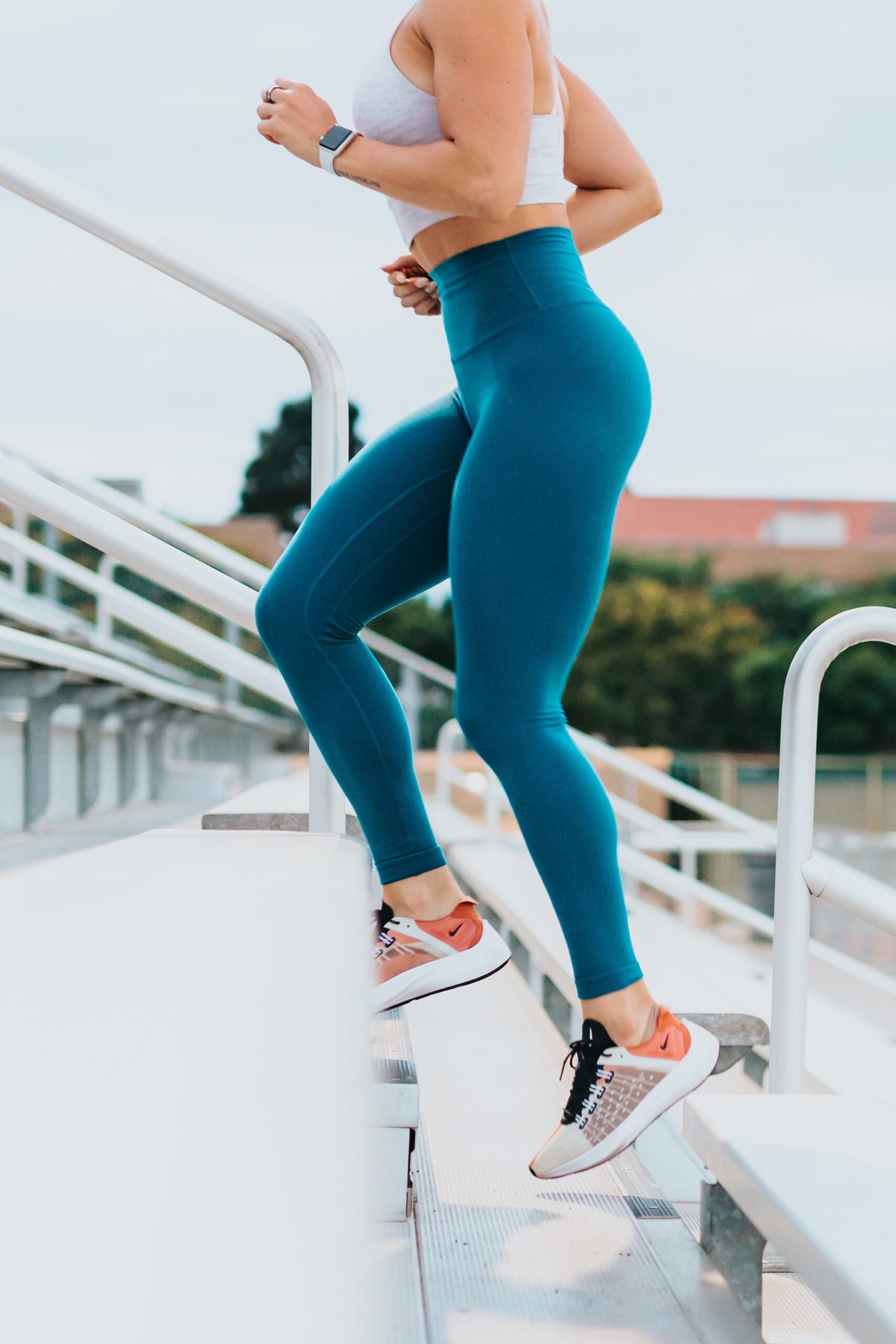

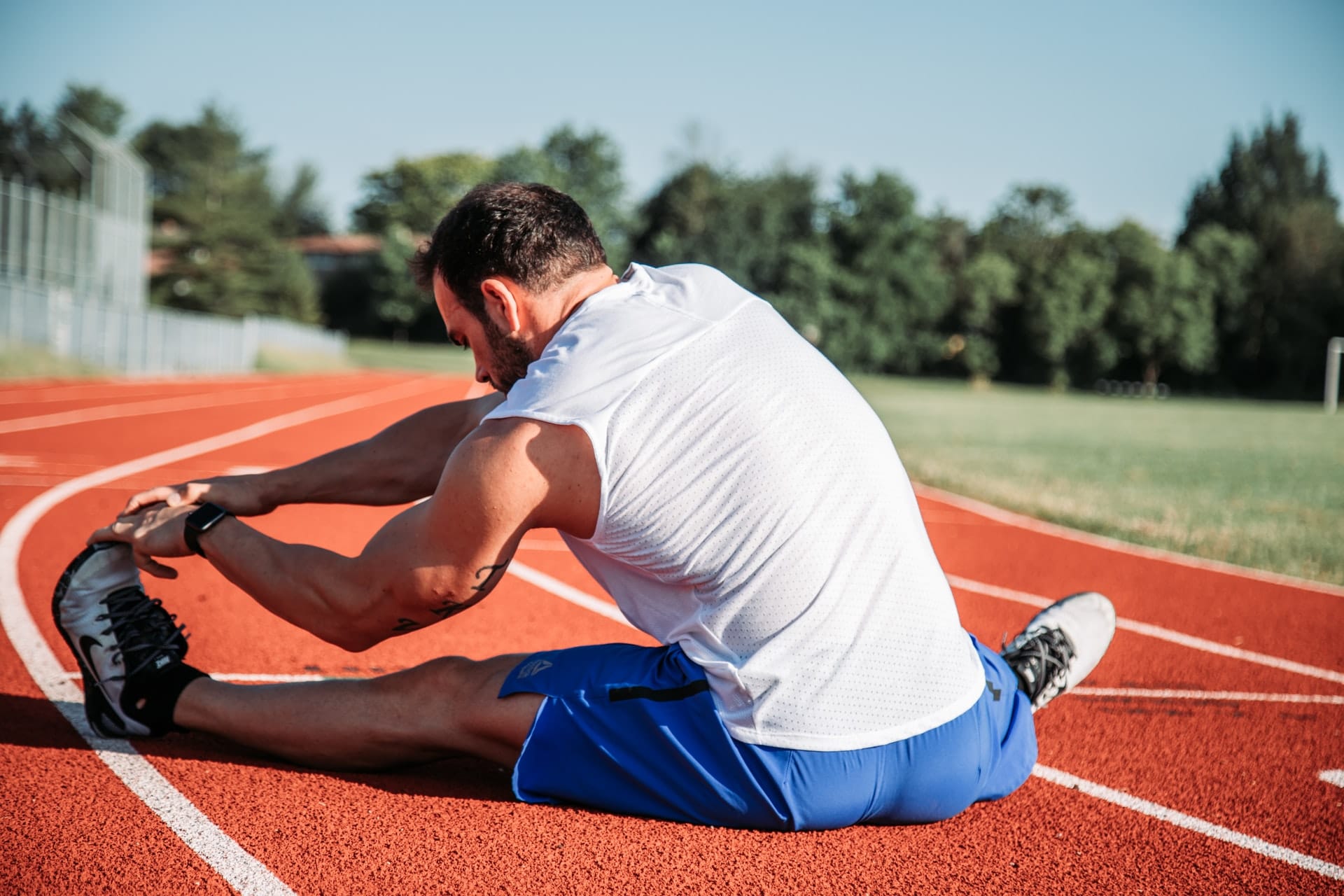
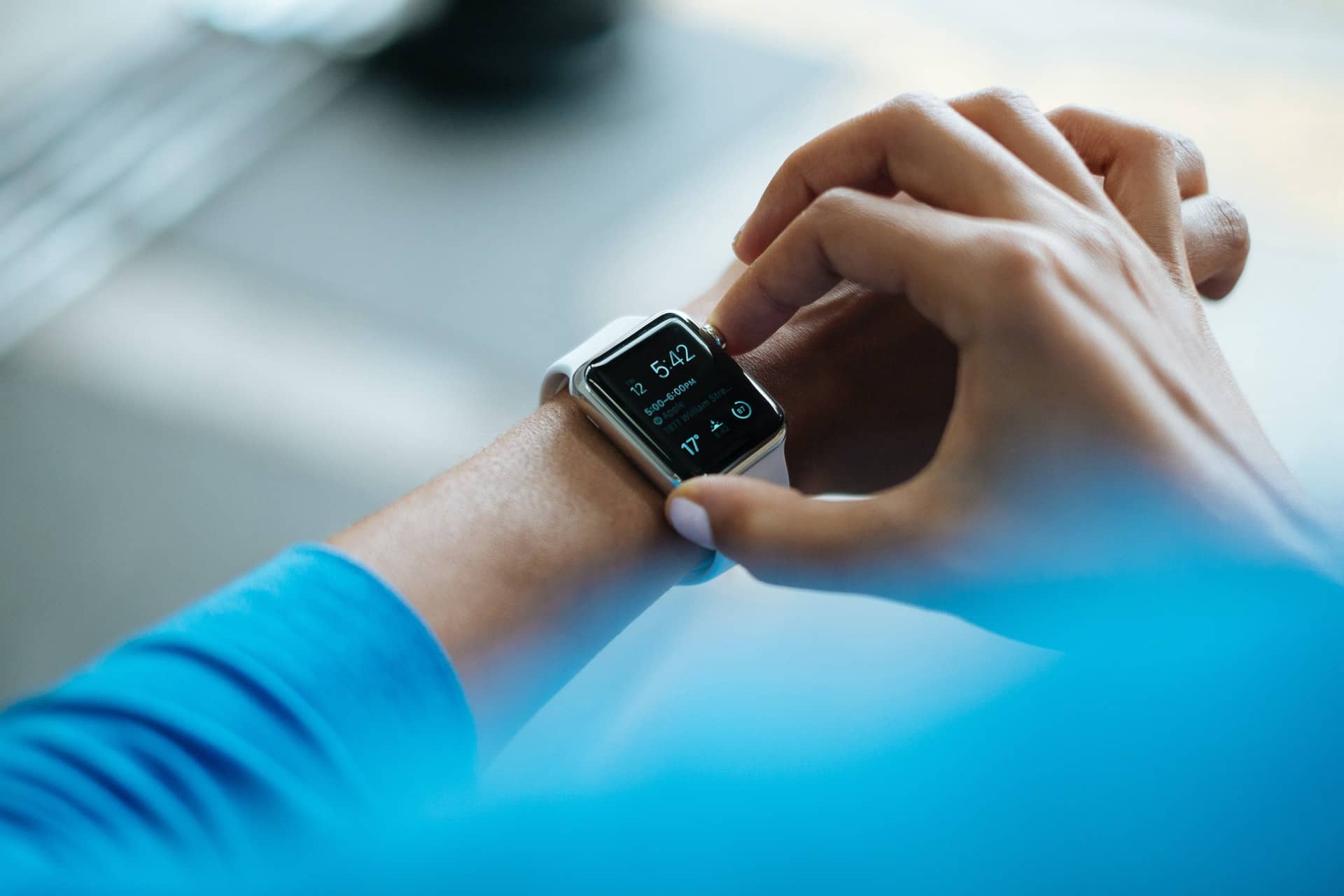

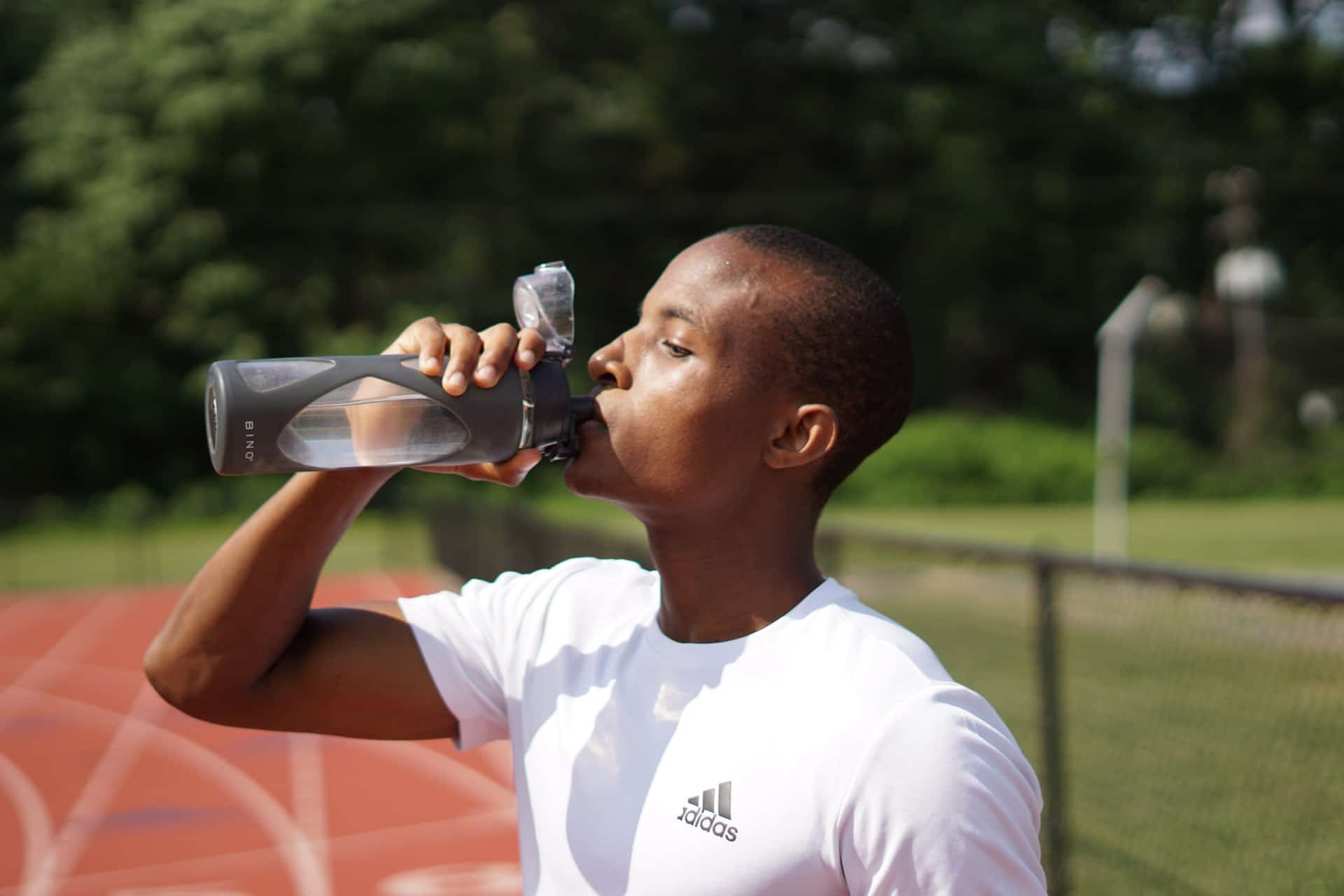
Is it ok to choose an easy running pace?
Without a doubt, when you’re first starting out as new runners, it’s important to choose an easy running pace that won’t cause any injuries as opposed to trying for a faster speed.
You can gradually increase your speed over time as your fitness level improves. If you’re not sure what your easy running pace should be, start by running at a moderate pace/conversational pace – you should be able to carry on a conversation without being out of breath. Many runners also use a heart rate monitor to help find their ideal running pace. Once you’ve found your easy running pace, stick with it for the majority of your runs. This will help you build up your endurance and slowly improve your fitness level, allowing you to gradually work up towards your fitness goals.
Will different running shoes affect how fast I can run?
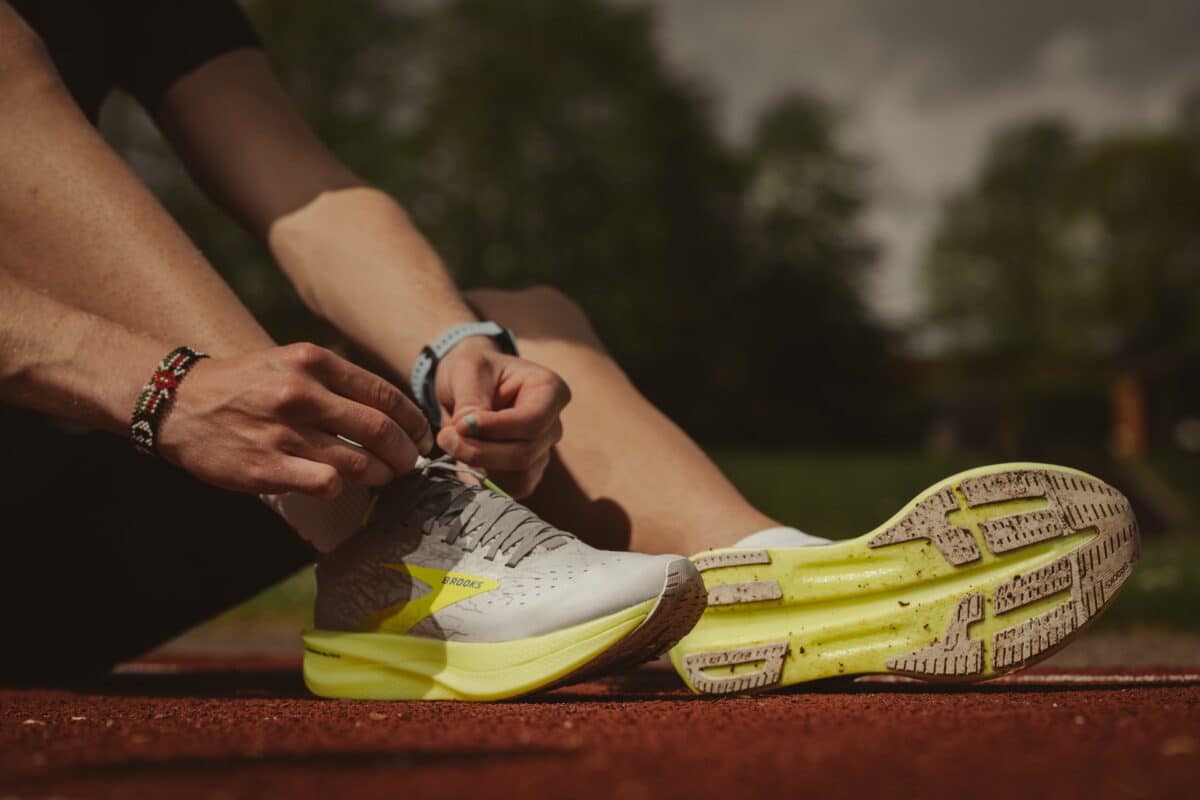
The type of running shoes you wear can affect your speed, but it’s not as important as some other factors, like your fitness level or running technique. That being said, if you’re looking for a new pair of running shoes, it’s important to choose a pair that’s comfortable and fits well. You might also want to consider buying different types of shoes for different types of running. For example, if you’re doing a lot of sprinting, you might want to buy a pair of spikes. But if you’re mostly running long distances, you’ll want a pair of shoes that’s designed for comfort and support. Ultimately, the best way to find the right shoes is to experiment with different types and see what works best for you. Even the most experienced runners may find that over time there are better options available now to choose from.
Thank you for reading!
I hope this article was helpful in answering the question ‘how fast should I be running’.